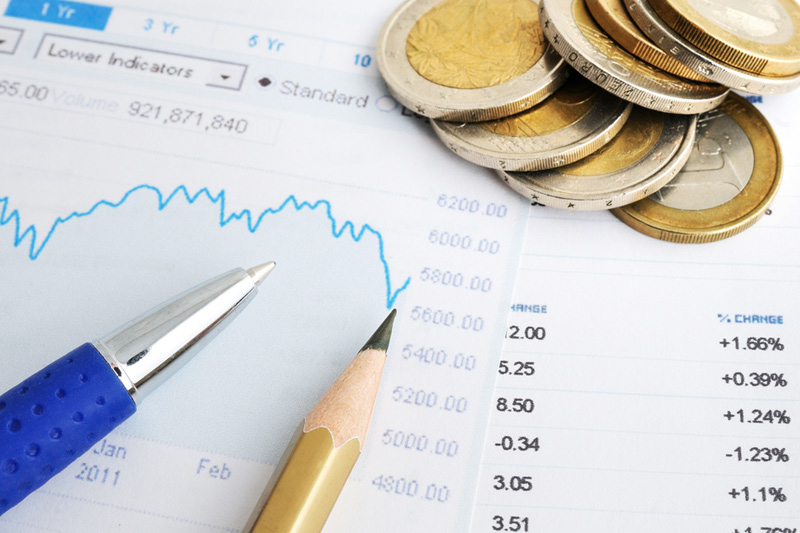
JOHANNESBURG – Germany is stepping up its support for renewable energy initiatives in Southern Africa, with significant financial contributions aimed at fostering sustainable development in the region. The latest move includes a sizable loan to South Africa for its renewable energy transition and an investment into a green hydrogen project in Namibia.
The German state-owned development bank KfW has agreed to lend South Africa R9 billion (approximately $540 million) to aid the country’s shift towards renewable energy sources. This funding is part of the broader Just Energy Transition Partnership, which has amassed R160 billion (around $9.6 billion) since its inception in 2021. The partnership underscores a global effort to balance economic development with the urgent need to address climate change.
In addition to this financial boost, Germany is committing €10 million (about $10.4 million) to a pioneering green hydrogen initiative in Namibia. The project, spearheaded by BAM, is located in the Walvis Bay area and represents a strategic investment in clean energy technology, despite the political challenges that often accompany such transformative ventures.
These investments come at a critical time for the region. South Africa’s largest energy company, Sasol (NYSE:SSL), is undergoing leadership changes amid increasing pressure to meet climate commitments. Meanwhile, solar power is gaining momentum as a viable solution to the persistent electricity supply issues plaguing Eskom, the country’s main electricity provider.
Notably, these developments occur against a backdrop of ongoing debate regarding energy policy in South Africa. Julius Malema, a prominent political figure, has voiced strong support for coal reliance, highlighting the tensions between economic interests tied to traditional energy sources and the global push towards decarbonization.
Germany’s financial support for renewable energy projects in South Africa and Namibia signals a commitment to assisting these nations in their transition to a greener economy. It also reflects a growing international recognition of the importance of investing in sustainable energy solutions to combat climate change while supporting economic growth in developing regions.
This article was generated with the support of AI and reviewed by an editor. For more information see our T&C.
Source: Investing.com





























